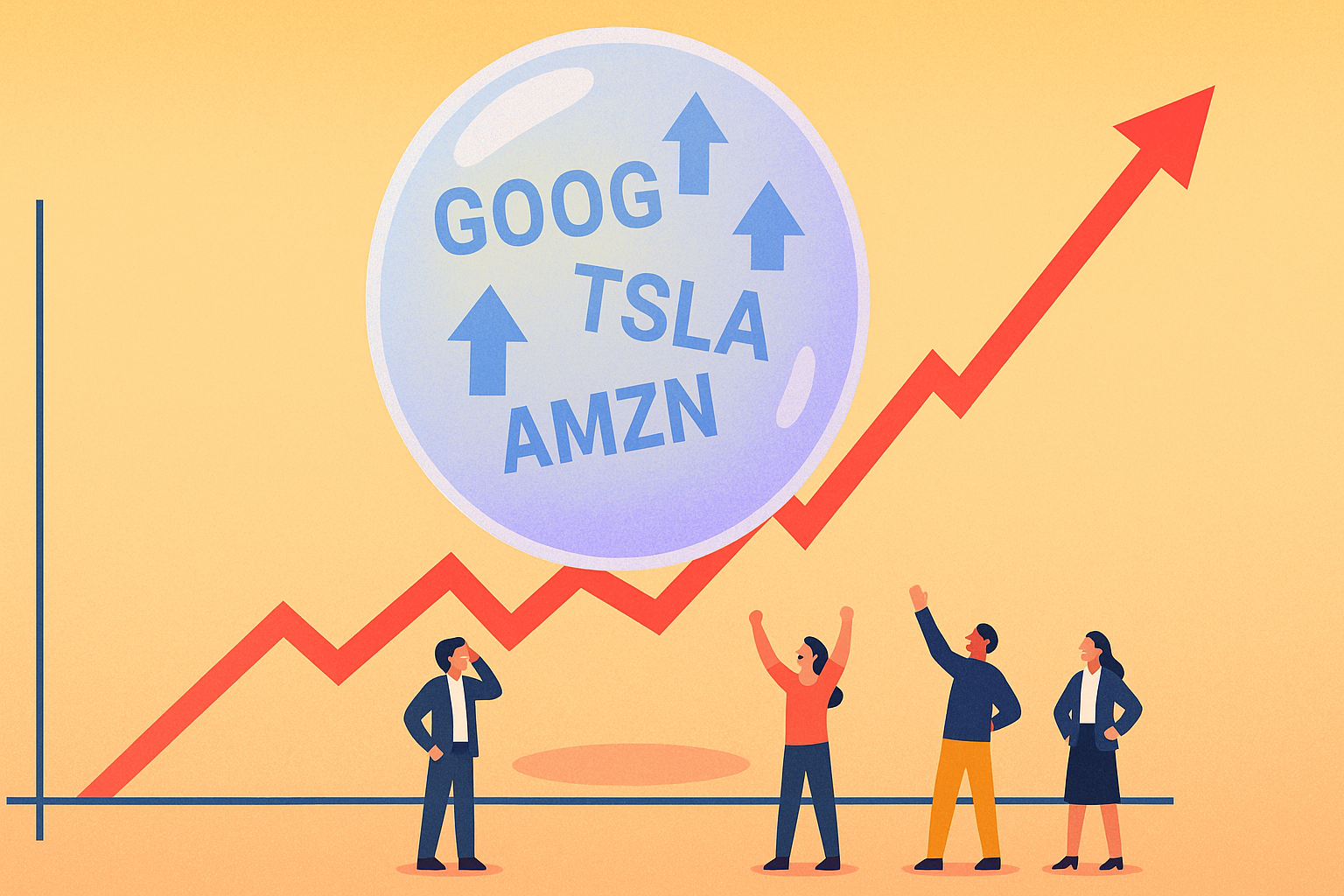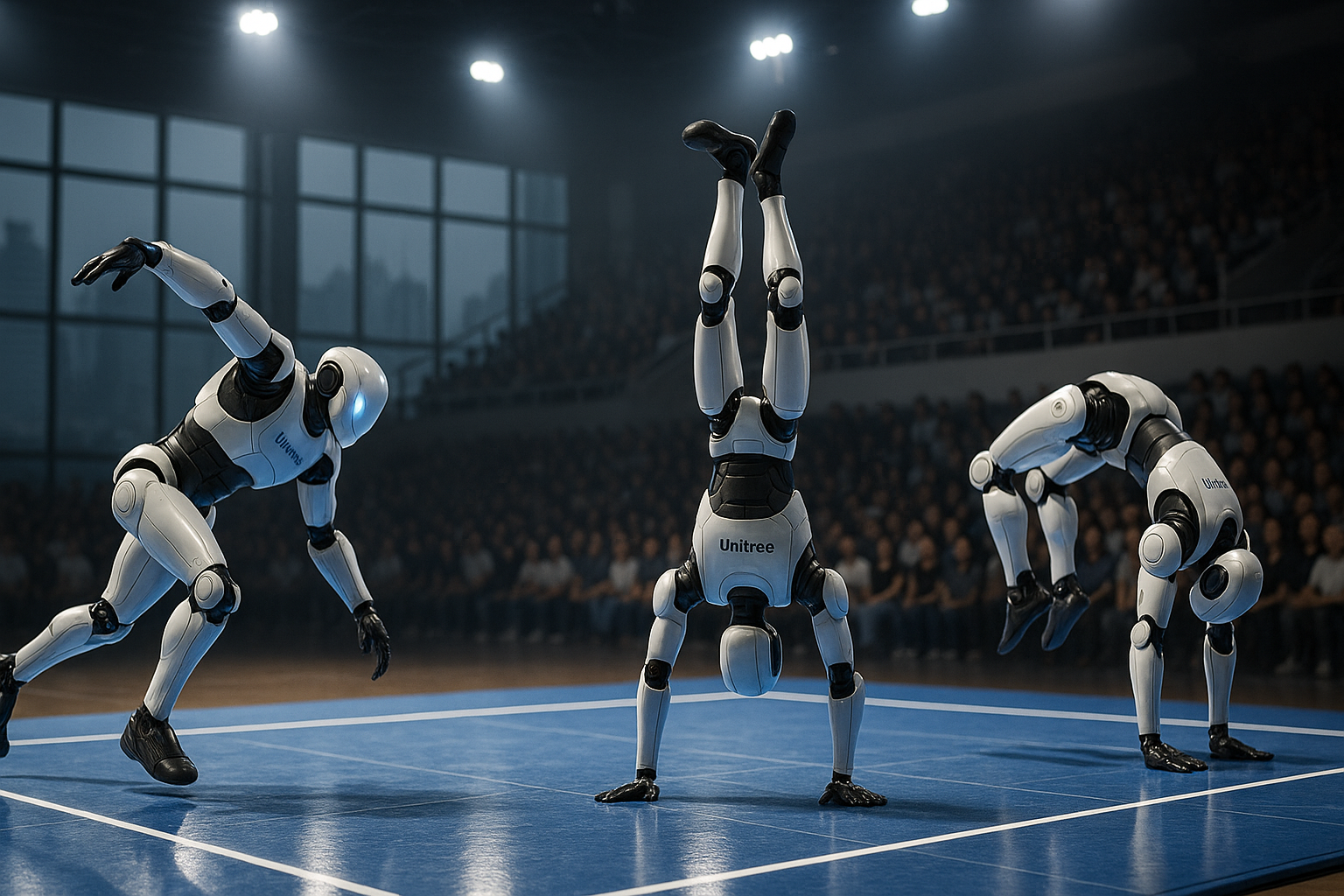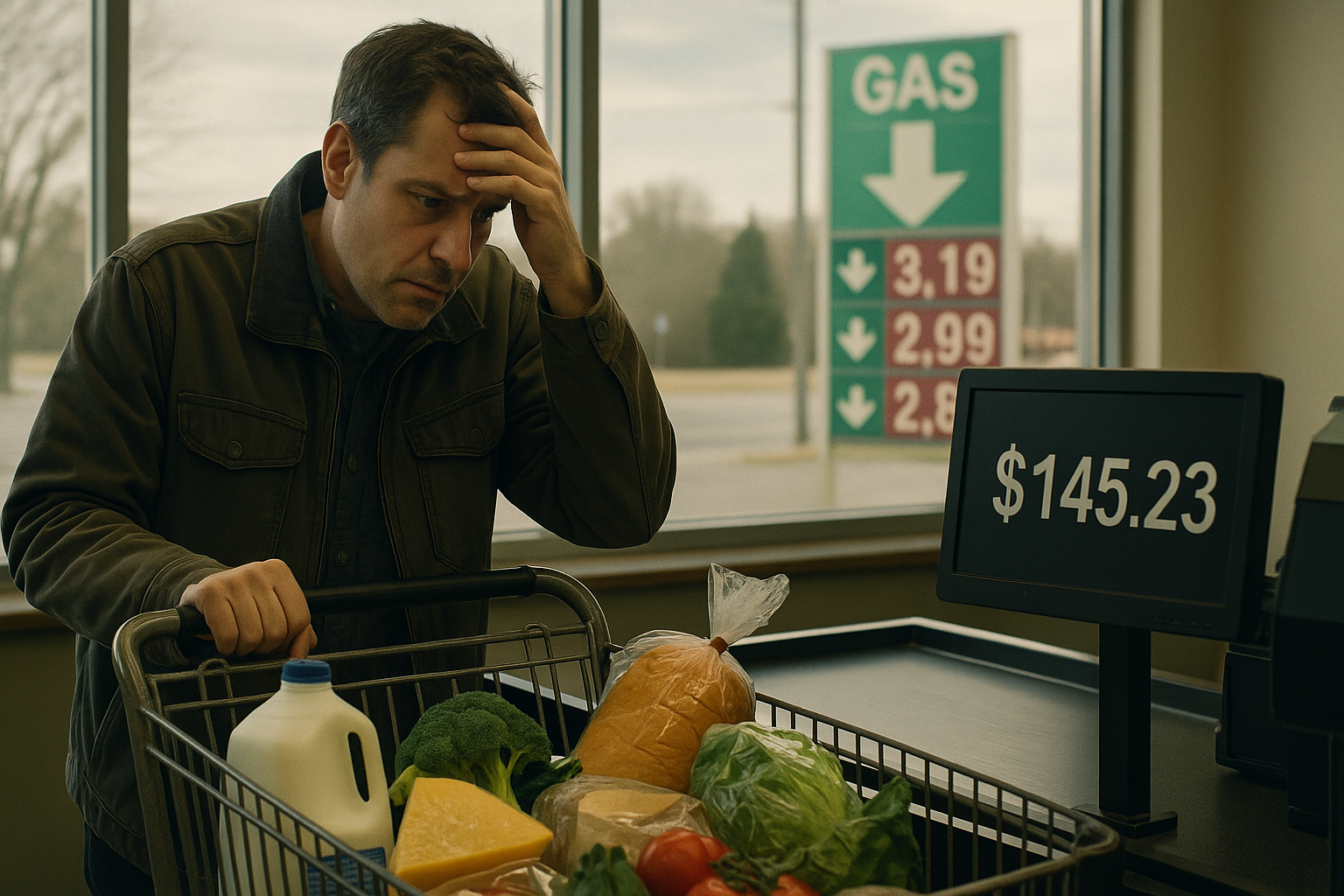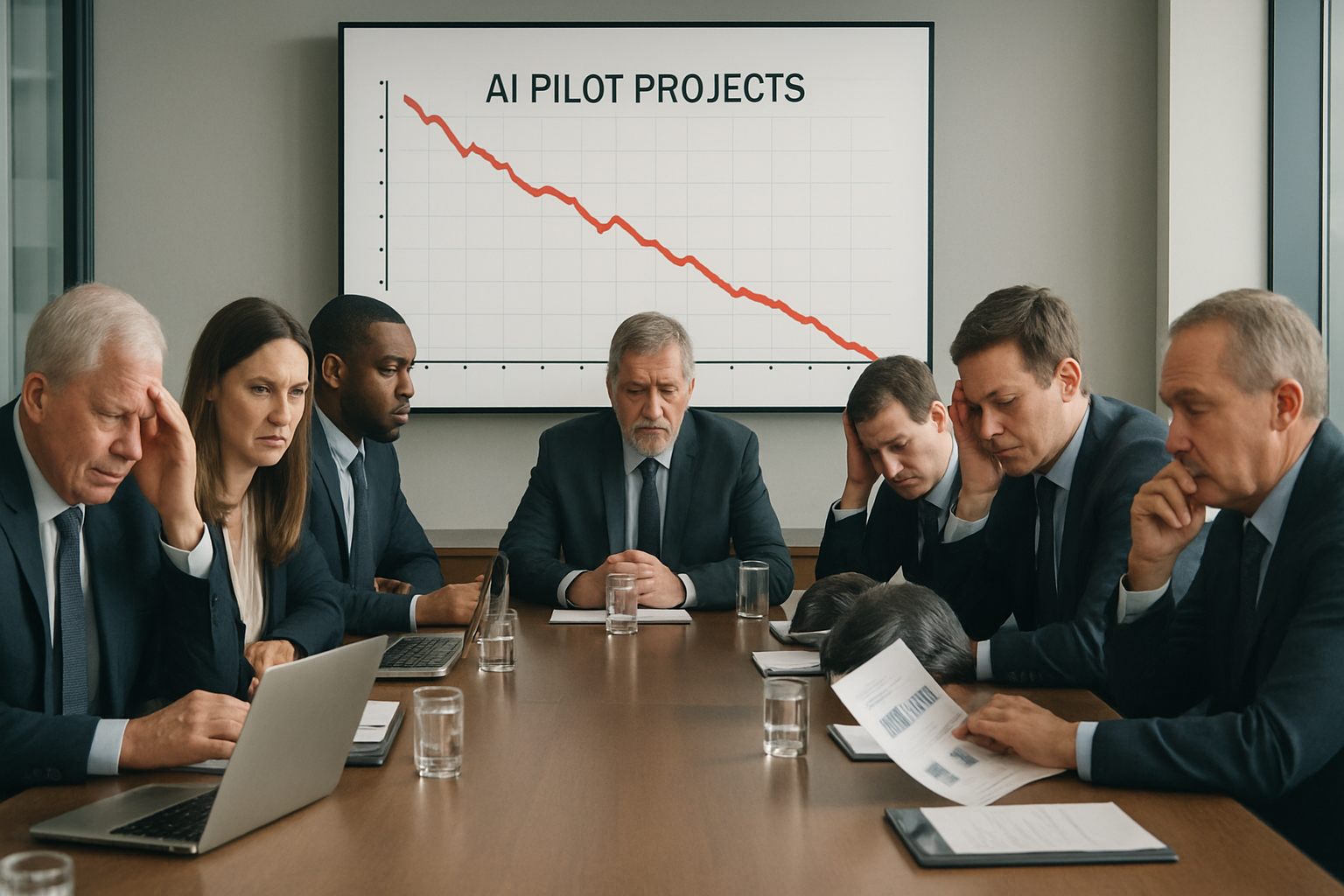We're in a market that's drunk on its own Kool-Aid. The S&P 500 is hitting all-time highs so often that it's barely news anymore – just another day in paradise, apparently. Meanwhile, the VIX – that thing that's supposed to measure market fear – is lounging below 15 like a retiree on a Florida beach, completely unconcerned with silly little things like, oh, actual company valuations.
I've been covering market cycles since the dot-com bubble, and what we're seeing now feels eerily familiar. I call it the "Nothing Matters Market" – a financial twilight zone where fundamentals have become optional and speculation is king.
Have you seen what's happening with meme stocks lately? They're rising from financial graves like zombies in a B-movie. Companies that barely generate enough revenue to cover their office coffee budget (looking at you, Opendoor) are rocketing upward based on... what exactly? Reddit posts? Discord chatter? A good vibe?
The Everything Is Awesome Economy (Until It Isn't)
The current narrative is something to behold. Trump announces tariffs – markets cheer. Trump claims deals that foreign leaders haven't actually agreed to – markets cheer louder. M2 money supply hits the stratosphere while Jerome Powell maintains that perfect central banker poker face. Your groceries cost a third more than before the pandemic, but hey... markets cheer.
Look, we're now experiencing the longest streak without a 1% down day in recorded market history – over 75 trading sessions of nothing but gentle ripples or outright gains. From the October 2023 lows, the major indices have surged nearly 30%.
It's as if markets have developed some kind of weird immunity to bad news. Or maybe it's more like an addiction to optimism. The withdrawal symptoms, when they come (and they always do), won't be pretty.
What explains this bizarre moment? I think it's what I've come to call "The FOMO Flywheel." It works like this:
Markets rise → People sitting on cash feel increasingly like idiots → They reluctantly jump in → This pushes prices even higher → Creating more FOMO → Drawing in more reluctant participants → And round and round we go.
Rinse, repeat, until your grandmother starts discussing her Nvidia positions during Sunday dinner. (Mine did, by the way. Last week. No joke.)
The Magnificent Seven's Magnificent Money Bonfire
Nothing – and I mean nothing – exemplifies our current moment better than the capital expenditure binge among tech giants. The numbers are just... staggering. We're talking hundreds of billions flowing into AI infrastructure.
Take Elon Musk's xAI, reportedly burning through $1 billion monthly. Per month! That's a cash combustion rate that would make even the WeWork guys blush.
So here's my question (and it's a simple one): How do any of these large language models actually make money? When I ask this at industry conferences, I typically get responses involving hand-waving about "enterprise solutions" and "productivity gains" – which is Silicon Valley speak for "we have absolutely no idea, but please keep investing."
The disconnect between what's being spent and any provable return on investment feels disturbingly like the dot-com era's "build it and they will come" philosophy. That worked out great, right? (Narrator: It did not work out great.)
Powell's Impossible Position
Meanwhile, poor Jerome Powell. The man can't win. He's criticized daily for not cutting rates already, as if introducing more liquidity into a supposedly robust economy makes any sense whatsoever.
I attended his last press conference, and the tension in the room was palpable. The economic data itself is a contradictory mess. Headline numbers suggest strength, but dig just a little deeper and you'll find troubling signs everywhere.
Intel slashes nearly half its workforce. New graduate unemployment reaches concerning levels. Major corporations announce layoffs in press releases that are literally sandwiched between announcements of record profits.
Sometimes I wonder if we've entered some bizarre parallel universe where official statistics and the reality most people are experiencing have completely divorced and aren't even on speaking terms anymore.
What Brings This Party to a Screeching Halt?
So what could derail this express train of market euphoria? The candidates are numerous and lurking just offstage:
Earnings Reality Check: At some point, the Magnificent Seven must justify their astronomical valuations with more than promises and hype. If Apple or Nvidia significantly miss those already-generous estimates... watch out below.
The AI Hangover: What if – and I'm just spitballing here – generative AI turns out to be more hype than revolution? I've seen this movie before. The capital being poured into these ventures needs to generate actual returns eventually.
Geopolitical Wildcards: Markets have largely shrugged off global tensions, treating wars and conflicts as if they're happening in some alternate universe that doesn't affect stock prices. History suggests this complacency rarely ages well.
The Fed's Patience: If inflation proves stickier than expected (and it's already sticky) and Powell keeps rates higher for longer than markets have priced in... well, the tantrum could be spectacular.
Reality Itself: Sometimes markets simply exhaust their supply of optimism. When everyone who could possibly buy has already bought, there's only one direction left.
History hasn't been kind to periods of financial euphoria. These episodes rarely end with gentle corrections and measured responses. They typically conclude with what can generously be called a harsh morning-after – complete with splitting headaches and regretful examination of brokerage statements.
I'm not predicting imminent doom – timing market tops is a fool's errand that makes astrology look like a precise science. But the indicators of excessive optimism are flashing brighter than the casino signs I passed in Vegas last weekend.
For now, though, the music plays on, and market participants continue dancing. Just remember that in financial markets, as in musical chairs, it matters tremendously where you're standing when the music stops.
And trust me, it always stops.




